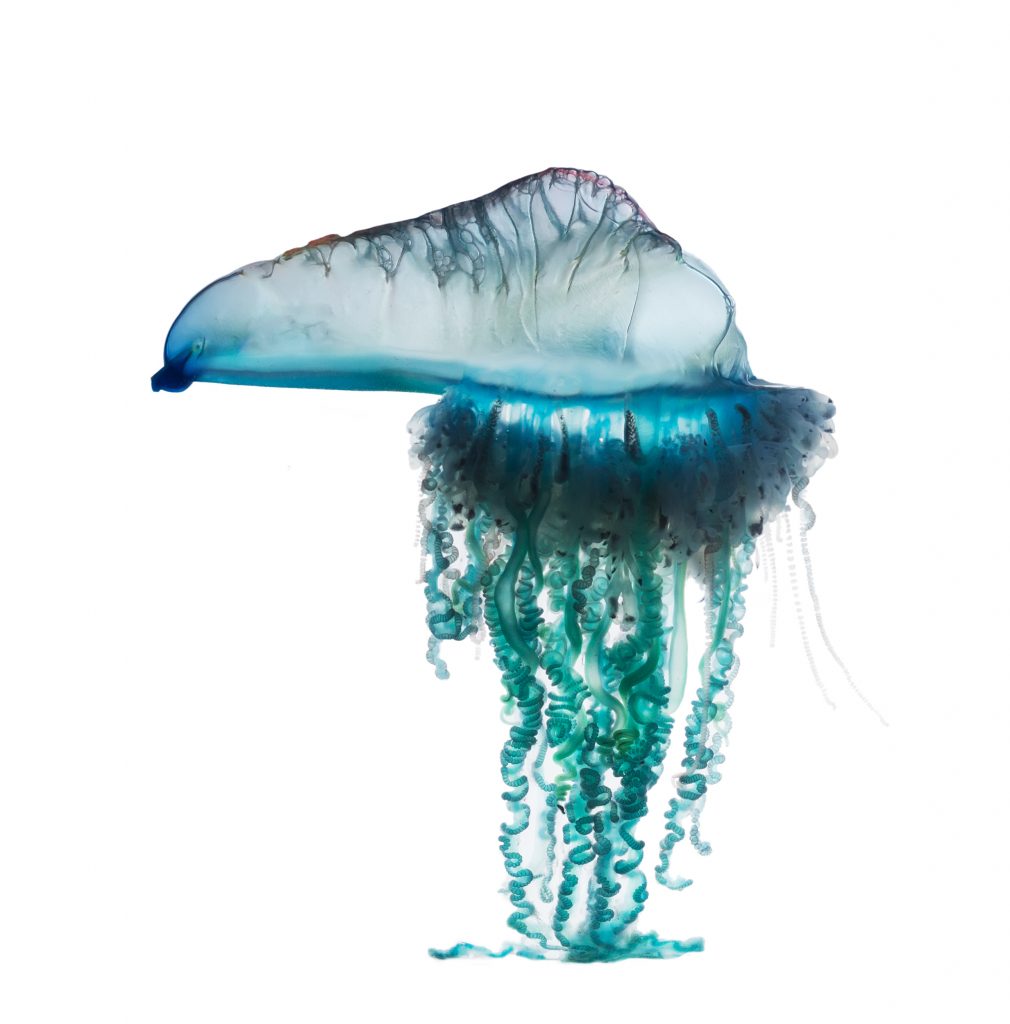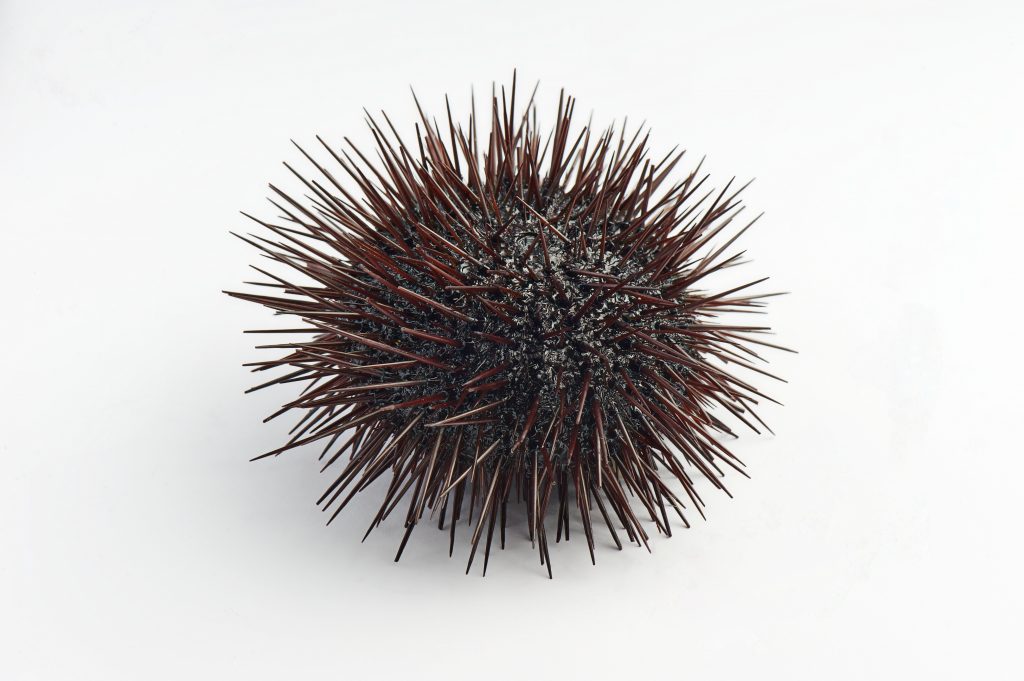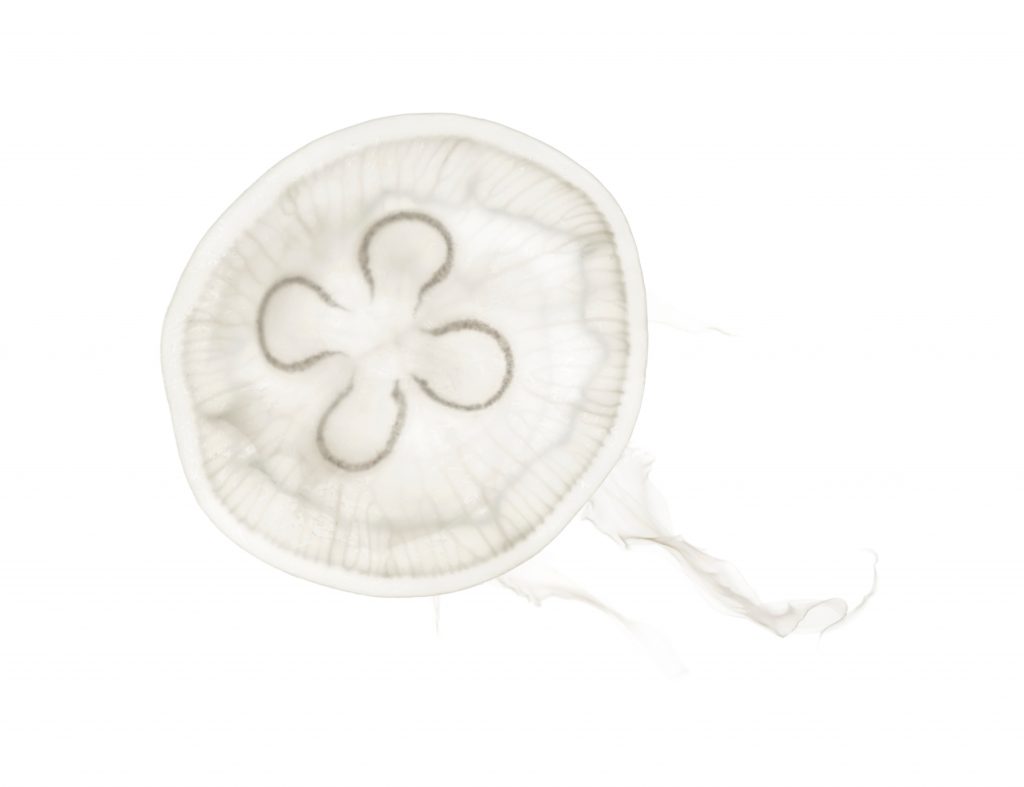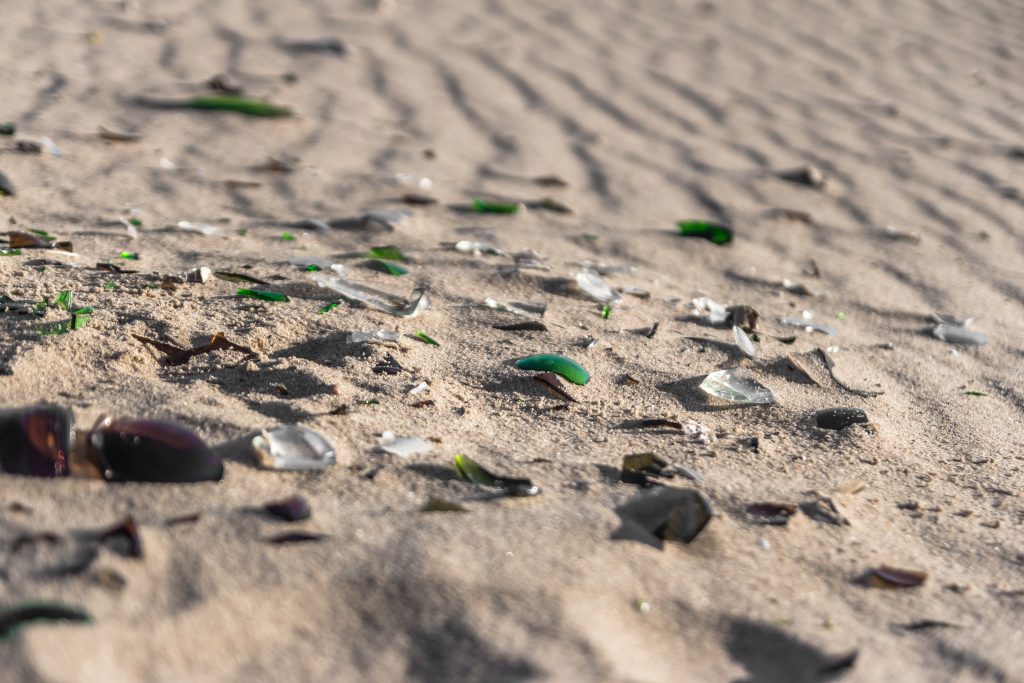4 beach hazards that you should be aware of!
Going to the beach is awesome, and can be a lot of fun! But there are also some safety concerns to be aware of… aside of the more obvious ones (like water safety!), here are four things to watch out for:
Bluebottles: Bluebottles are also known as Portuguese Man O’ War. Their tentacles can cause a painful sting to human skin. If you get to the beach and notice that there are some bluebottles washed up on the shore, then you need to take care when swimming as there may be more in the water. Do not touch the washed up ones either, as you will not be able to determine whether they are dead or alive (and still able to sting!). If you are stung, rinse the affected area with sea water or vinegar if you have some, and apply a heat pack or submerge the affected area in hot water. You may also need some pain relief (for example paracetamol) or an antihistamine cream. If you notice a severe reaction that includes swelling of glands and/or shortness of breath, seek medical help.
Sea urchins: While exploring around the rock-pools you may accidentally step on a spine-covered sea urchin. Luckily the sea urchins that we get around the Cape Town coastal areas are not venomous at all, but they can certainly leave you with a foot full of spines! If that happens, try to remove all the spines that you can, using your hand or a pair of tweezers. You will probably find that they break off easily and are not possible to remove, in which case rinse the area with fresh water (warm if you have it), and cover it with an antiseptic cream and a sticking plaster. The spines will eventually work their way out, just like wood splinters. Sea urchins in the intertidal zone prefer to live in rock-pools or crevices in the rocks, so be sure to keep an eye out when you are exploring.
Jellyfish: These can be difficult to spot in the water because of their transparent bodies, so swimmers and divers can get stung easily. If you do get stung, remove any stinging tentacles that you can see with a pair of tweezers, then rinse the are in vinegar. You can then apply a heat pack or douse the area with hot water. You may also need some pain relief (for example paracetamol) or an antihistamine cream. If you notice a severe reaction that includes swelling of glands and/or shortness of breath, seek medical help. Jellyfish also wash up on beaches, although they are usually not dangerous at that point!
Glass: Unfortunately it is all too common to find pieces of broken glass on the beach. These come from people leaving them glass there, or being washed up by the sea. Although glass does get worn smooth by the sea over time, while the pieces are still sharp they could cut your foot badly. You should always make sure to keep a look out for any glass, and to be aware of the potential risk. If you are cut, remove the small shard of glass if necessary. Clean the wound with fresh water, dry it, and apply antiseptic lotion and a sticking plaster. If it is a very deep cut, or if there is a large piece of glass lodged in the wound (do not remove this!), apply direct pressure and seek medical attention immediately.
And additionally, if you are a parent, you need to make sure that your children also know how to stay safe (and have fun at the same time) when they go to the beach!




